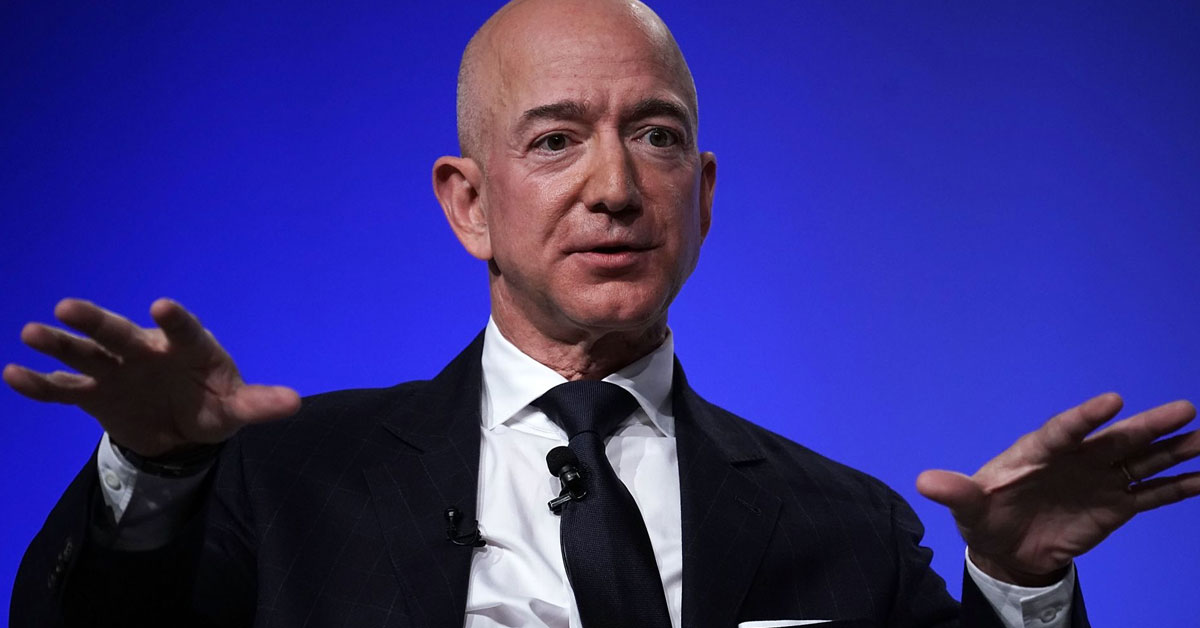China’s COVID-19 case spike forces another harsh lockdown
China is enforcing strict new measures, trying to contain the spread of COVID-19. The new initiatives are aimed to limit and discourage movement during the traditional migration period.
The following regions designated as high-risk zones are under some form of lockdown:
- Hebei province
- Heilongjiang province
- Jilin province
- Beijing (Shunyi and Daxing districts)
- Shanghai (Changning, Huangpu and Baoshan districts)
- Shandong province (Pingdu city)
- Shanxi province (Jinzhong city)
- Jiangsu province (Zhenjiang province)
Travellers in these areas will face a 14 days’ quarantine and will get tested for COVID-19.
80 regions, including Beijing and Shanghai districts, Shenyang, Xintai, Shijiazhuang, Suihua, Tonghua, Changchun are designated as medium-risk zones. Travellers from these zones are required to present a negative Covid-19 test result from the previous three days.
In low-risk and smaller regions the requirements are determined by the local authorities.
As the majority of our inspectors are foreigners, they are subject to stricter control measures. Many factories in Guangdong province allow only Chinese inspectors. Hebei province is under full lockdown.
Notably, some factories let their workers off to their provinces earlier this year, so as not to create a traffic collapse. Also, many factories are working long hours to have the goods shipped in time, as many forwarders have already stopped accepting new requests.
More Amazon news

Trump is targeting Amazon and Alibaba
President Trump signs trade memorandum on counterfeit products President Donald Trump puts Amazon, Alibaba, eBay and other online marketplaces on notice, signing a memorandum that aims to curb the sale of counterfeit items online. “This is a shot across...

Drunken online shopping is big business — especially for Amazon
Drunk shopping is an estimated $48 billion industry 85 percent of drunk shoppers visit and make ill-advised purchases on Amazon Tech and business newsletter The Hustle surveyed more than 2,000 alcohol-drinking adults about their online shopping behaviour...

Jeff Bezos: Smart people make decisions differently than everyone else
Smart people tend to change their mind a lot Smart people are open to new points of view, new information, new ideas, contradictions, and challenges to their own way of thinking Jason Fried, co-founder of Basecamp and co-author of the New York Times...


